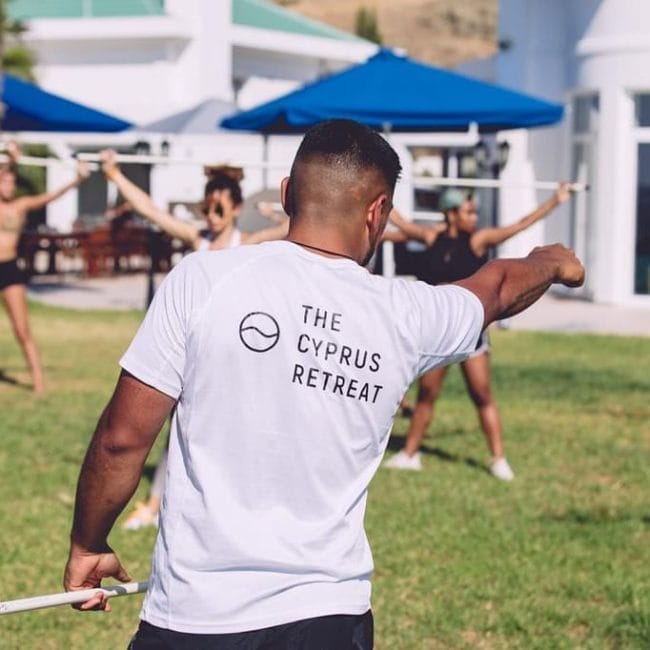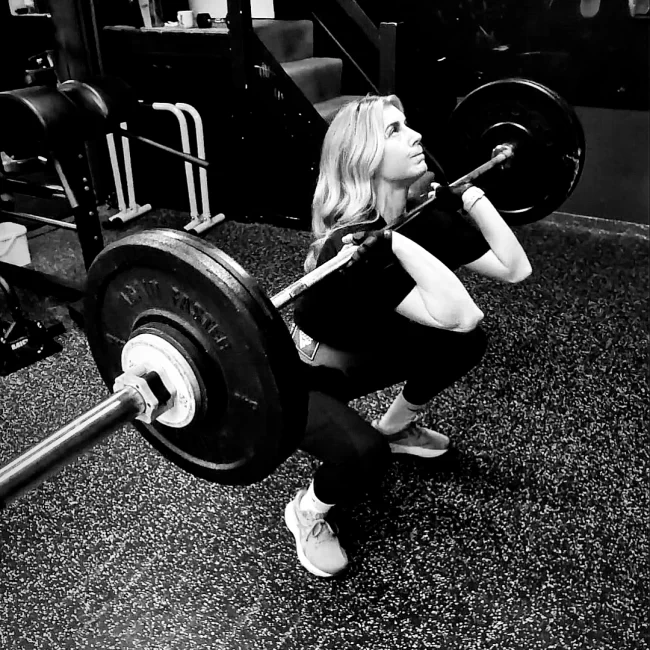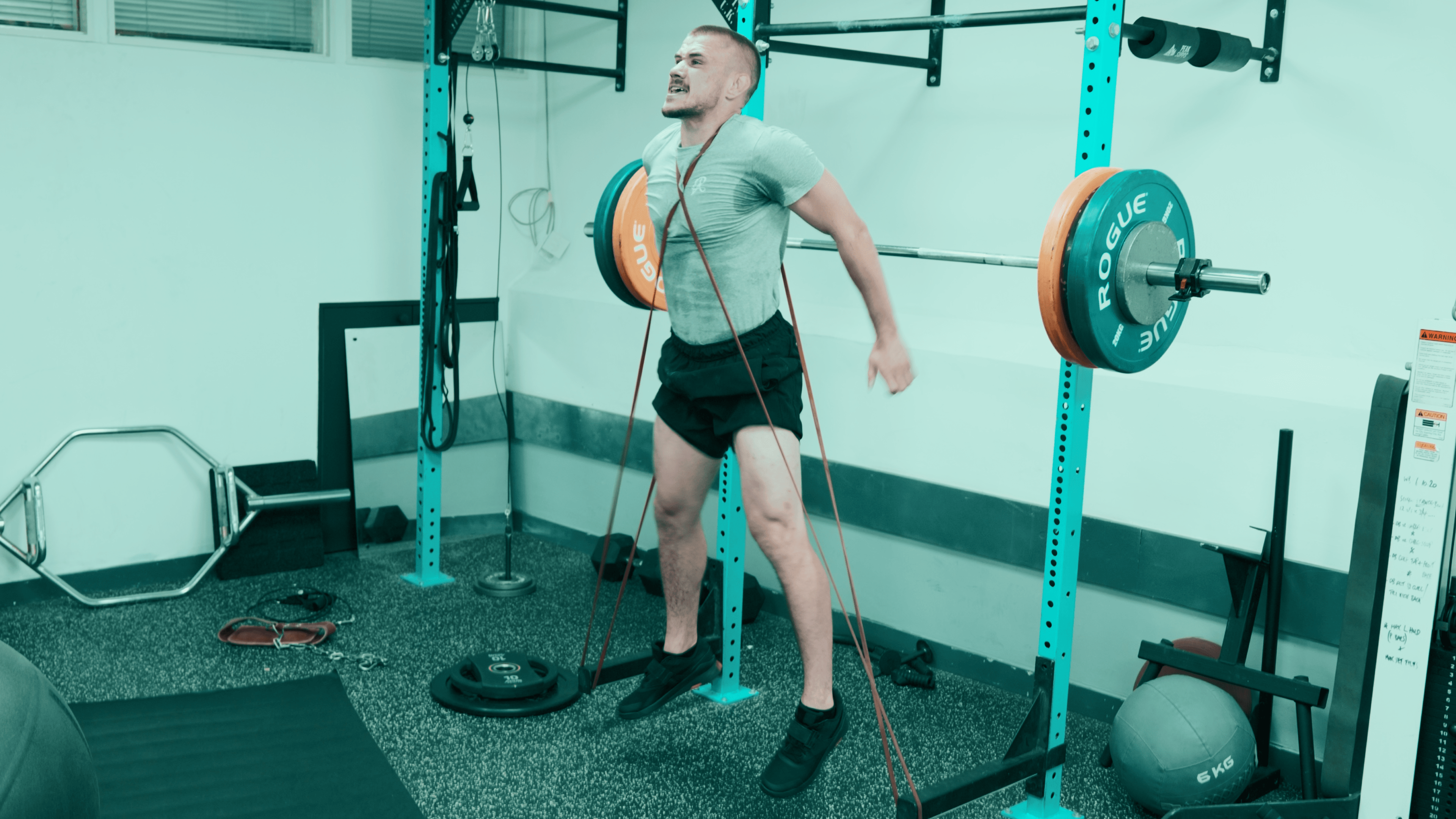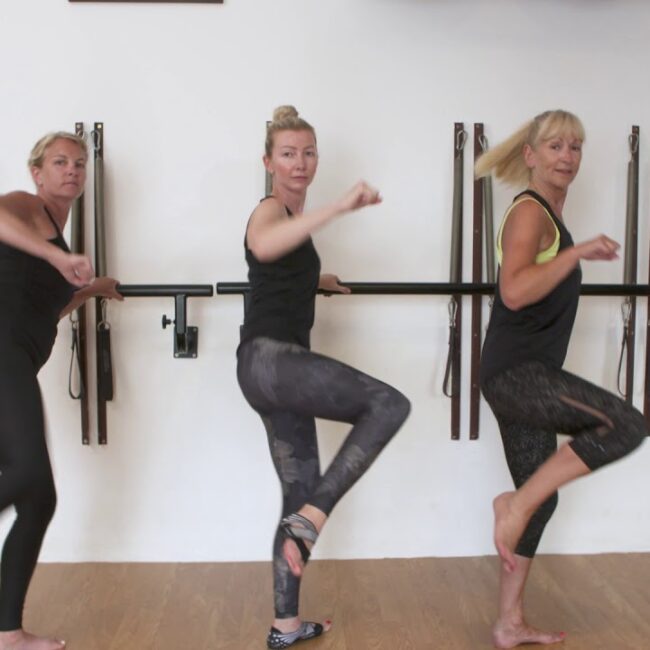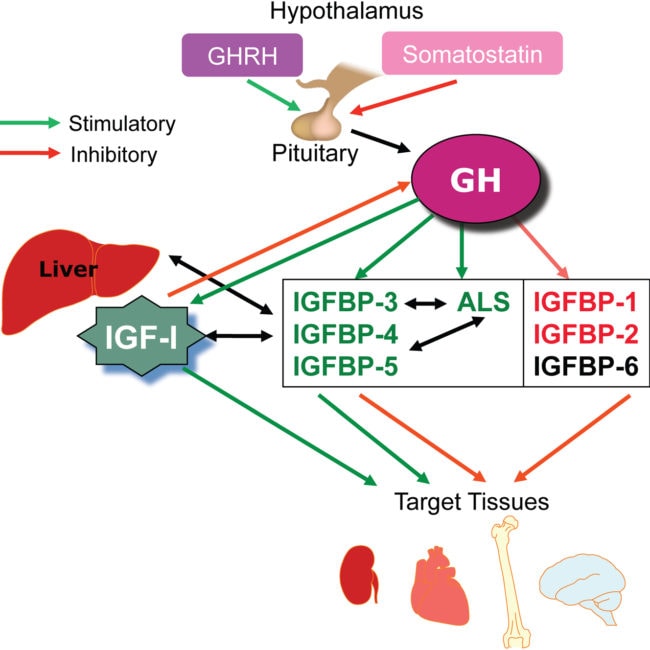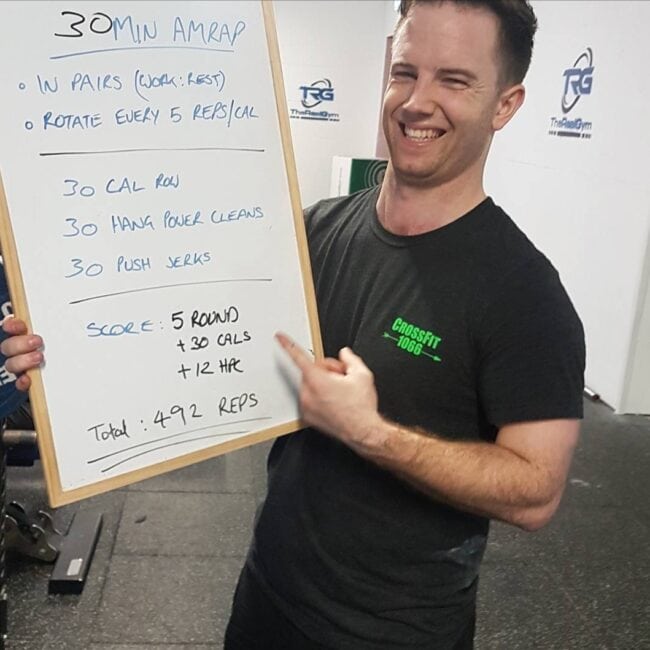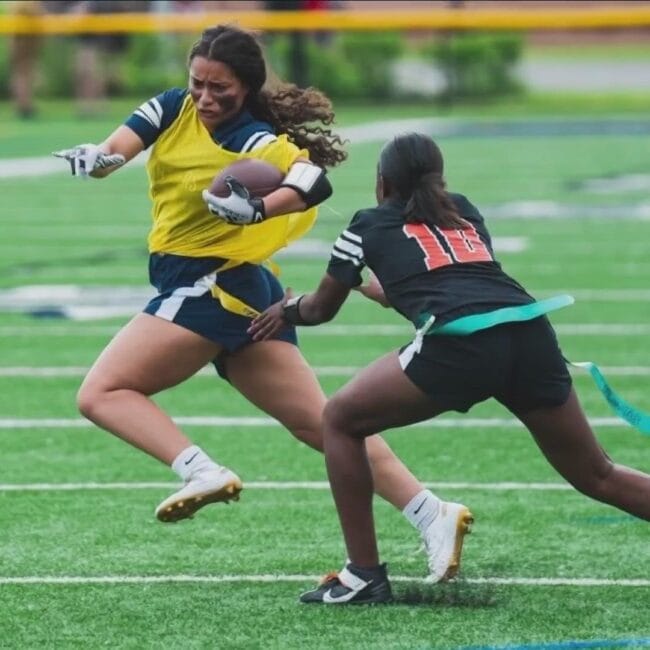-
Everything You Need to Know About Flag Football
Everything You Need to Know About Flag Football
A Fun, Fast-Paced Alternative to Tackle Football for All Ages and Skill Levels
Flag football is quickly becoming one of the most popular sports for individuals of all ages and skill levels. Whether you’re a beginner looking to try something new or an experienced player seeking a safer alternative to traditional tackle football, flag football offers a great mix of fitness, fun, and friendly competition. But what exactly is flag football, and why is it worth considering for your next workout or team sport?
In this article, we’ll break down the basics of flag football, how it works, the benefits it offers, and why it’s an excellent sport for fitness and team building.
What Is Flag Football?
Flag football is a non-contact version of American football. Instead of tackling opponents to the ground to stop their progress, players wear flag belts with two flags attached to their sides. The goal is to pull one of these flags from the ball carrier to end the play. This simple rule eliminates the physical risk of traditional football while preserving the speed, strategy, and excitement that fans love about the game.
How Is Flag Football Played?
Flag football is usually played with 5 to 7 players per team on a smaller field than a regular football field. The rules are similar to traditional football, with a few key differences:
- No tackling: The main way to stop a player is by pulling their flag.
- Simplified scoring: Teams score a touchdown by advancing the ball into the opposing team’s end zone.
- Passing-focused: The game often involves a lot of passing and running plays, with less emphasis on running the ball through a defence.
- Speed over strength: Because the game is non-contact, it focuses on speed, agility, and strategy rather than brute strength.
The Benefits of Flag Football
Flag football offers a variety of benefits, whether you’re looking to get in shape, have fun, or make new connections. Here’s why more people are embracing the game:
1. Full-Body Workout
- Full-Body Workout
Flag football is an excellent cardiovascular workout that targets multiple muscle groups. Running, cutting, and pivoting help improve speed and agility, while passing and catching enhance coordination and upper-body strength. Whether you’re sprinting for a touchdown or dodging defenders, you’ll get a complete workout.
2. Low Risk of Injury
Unlike traditional football, where tackling can lead to injury, flag football is a safer alternative. With no contact, players are less likely to suffer the bruises or strains associated with tackle football. It’s a great way for people of all ages to enjoy the excitement of the game without the risk of serious injury
3. Builds Teamwork and Communication
Flag football is a team sport that requires constant communication and coordination. Players must work together to advance the ball, defend, and strategize. This fosters a sense of camaraderie and teamwork, making it a fantastic activity for friends, family, or coworkers.
4. Inclusive and Fun
One of the best things about flag football is that it’s accessible to everyone, regardless of age, gender, or skill level. Whether you’re a seasoned athlete or new to sports, you can quickly pick up the rules and start playing. It’s a fun way to meet new people, stay fit, and build lasting relationships.
5. Mental Sharpness
Flag football isn’t just about physical fitness ,it’s also a mental game. You need to think quickly, make split-second decisions, and outsmart your opponents. The strategy involved in calling plays and adapting to the defence’s tactics helps sharpen your problem-solving and decision-making skills.
Flag Football for Fitness
For those looking to incorporate flag football into their fitness regimen, it’s an excellent choice. It challenges your body in dynamic ways, helping improve cardiovascular endurance, coordination, flexibility, and strength. If you’re training for a specific fitness goal or want to get more serious about the sport, a personal trainer can help you with:
- Speed and agility drills
- Strength and conditioning routines
- Injury prevention strategies
- Tailored workouts to enhance flag football performance
By combining the fun of flag football with a structured fitness plan, you’ll be able to maximize your training and improve your performance on the field.
Who Can Play Flag Football?
Flag football is incredibly versatile and can be enjoyed by players of all ages and skill levels. Many leagues are specifically designed for beginners, so you don’t need prior experience to join. Whether you’re playing in a casual league, at a community event, or just for fun with friends, anyone can jump in and enjoy the game.
How to Get Started with Flag Football
If you’re interested in trying flag football, here are a few steps to get you started:
- Find a local league or pickup game: Look for flag football leagues in your area, or gather a group of friends to play informally.
- Get the right gear: You don’t need a lot of equipment to get started. A flag football belt and comfortable athletic wear are all you need to play.
- Work on your fitness: Whether through training with a personal trainer or working on your own, improving your strength, speed, and agility will help you perform your best on the field.
- Join a team: Flag football is much more fun when you play with others. Team up with friends, family, or find a local league to join.
How a Personal Trainer Can Help You Excel in Flag Football
Flag football is a fun, fast-paced sport that combines athleticism, strategy, and teamwork. Whether you’re playing for fitness, fun, or competition, a personal trainer can provide the guidance and support you need to maximize your performance on the field. From building strength and agility to improving your game strategy, a personal trainer can make a world of difference in your flag football experience.
In this blog, we’ll dive into how a personal trainer can help you elevate your flag football skills and enhance your overall performance.
Building Speed and Agility
One of the key components of flag football is agility. Whether you’re dodging defenders or sprinting for the end zone, being able to change direction quickly is crucial to your success. A personal trainer can design drills that focus on improving your lateral movement, quickness, and overall speed.
Agility drills such as ladder drills, cone drills, and shuttle runs can improve your ability to stop, start, and pivot with ease. These exercises will help you move faster on the field, giving you the edge when it comes to outrunning opponents or evading tackles.
Strengthening Core and Lower Body
Flag football involves a lot of running, cutting, and sudden movements, all of which require a strong core and lower body. A personal trainer can help you develop exercises that target these areas, ensuring you’re able to stay strong and stable on the field.
Core-strengthening exercises like planks, Russian twists, and medicine ball throws will help you with balance and control, while lower-body exercises like squats, lunges, and plyometrics will improve your explosiveness, helping you accelerate quicker and push through defenders.
Enhancing Endurance and Stamina
Flag football is a high-intensity sport, and endurance is key to playing at your best throughout the game. A personal trainer can incorporate cardio-focused exercises into your routine, helping you improve your stamina and keep up with the fast-paced nature of the game.
Interval training, HIIT (High-Intensity Interval Training), and circuit workouts can simulate the demands of a flag football game by mixing short bursts of intense exercise with rest periods, mimicking the start-stop action you’ll experience on the field. This type of training will allow you to maintain high energy levels, even during the most intense moments of the game.
Injury Prevention and Recovery
Flag football may be a non-contact sport, but it still involves a lot of running, cutting, and quick movements that can lead to strains, sprains, or even overuse injuries. A personal trainer can design a program that focuses on injury prevention by strengthening key muscle groups, improving flexibility, and increasing joint stability.
Dynamic stretching and mobility drills before and after workouts will help prepare your muscles for the intense movements required in flag football, while specific strengthening exercises can ensure your muscles, tendons, and ligaments are less likely to get injured. Additionally, a personal trainer can teach you proper warm-up and cool-down techniques to further reduce the risk of injury.
Improving Hand-Eye Coordination and Catching Skills
Flag football requires precise passing, catching, and throwing, so working on your hand eye coordination is essential. A personal trainer can integrate drills to improve your reaction time, focus, and catching accuracy, ensuring you’re able to track the ball and make plays under pressure.
Incorporating drills like catching passes with different throwing techniques, juggling, or using reaction balls can sharpen your hand-eye coordination and help you perform at a higher-level during games. Strong catching skills can also make you a more valuable player on offense, whether you’re catching a touchdown pass or making key plays to move the ball downfield.
Strategy and Game Awareness
While physical training is vital for success in flag football, understanding the game’s strategy and applying it on the field is equally important. A personal trainer can help you improve your game awareness by analysing you’re playing style, helping you make better decisions, and increasing your football IQ.
Understanding how to read defences, when to make certain moves, and how to adjust your strategy based on the opposing team’s playstyle are all critical components of flag football. A personal trainer can walk you through basic flag football strategies and integrate mental conditioning into your workouts, helping you become more strategic on the field.
Boosting Confidence
One of the best benefits of working with a personal trainer is the boost in confidence that comes with improving your physical fitness and flag football skills. As you see improvements in your speed, strength, and skills, you’ll feel more confident in your ability to perform on the field. Confidence translates into better decision-making, more effective plays, and a more positive experience in every game.
A personal trainer will also provide motivation and accountability, helping you push through challenges and stay committed to your fitness goals. This sense of progress and accomplishment will make you more eager to get out on the field and give your best performance every time you play.
Final Thoughts
Flag football is a fantastic sport that offers a fun, low-contact alternative to traditional football. It’s a great way to stay fit, meet new people, and develop new skills, all while having a blast on the field. Whether you’re looking to get into a new fitness routine, try a team sport, or simply enjoy the thrill of the game, flag football is worth considering.
So, are you ready to give it a try? Grab your flag belt, hit the field, and experience the excitement of flag football for yourself!
By All Round Athlete Content Team
“Keep Calm and Play Flag Football,” and sayings about the importance of teamwork and not giving up.

